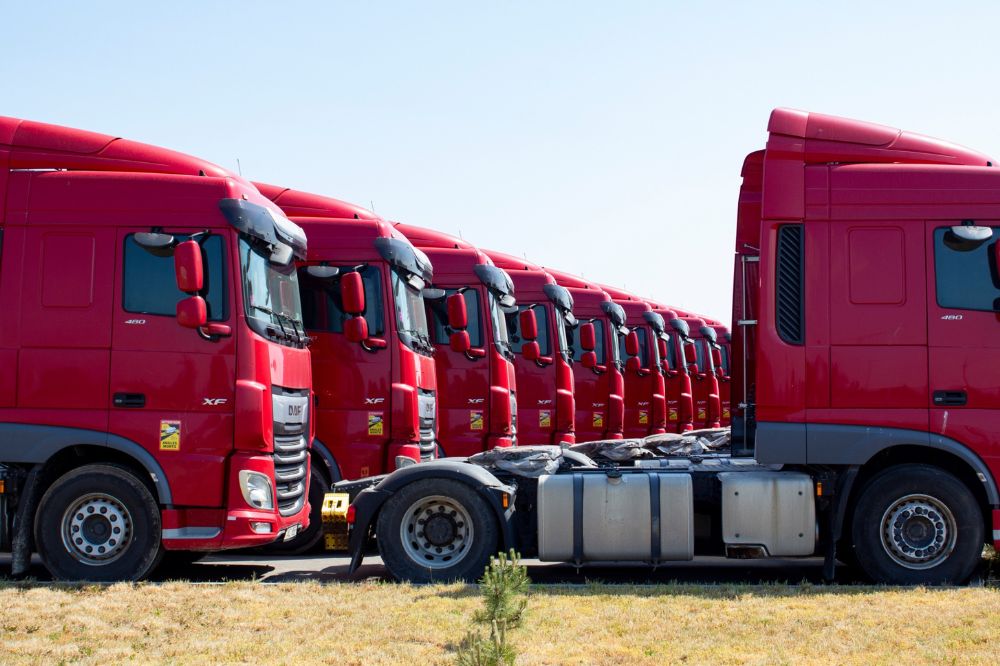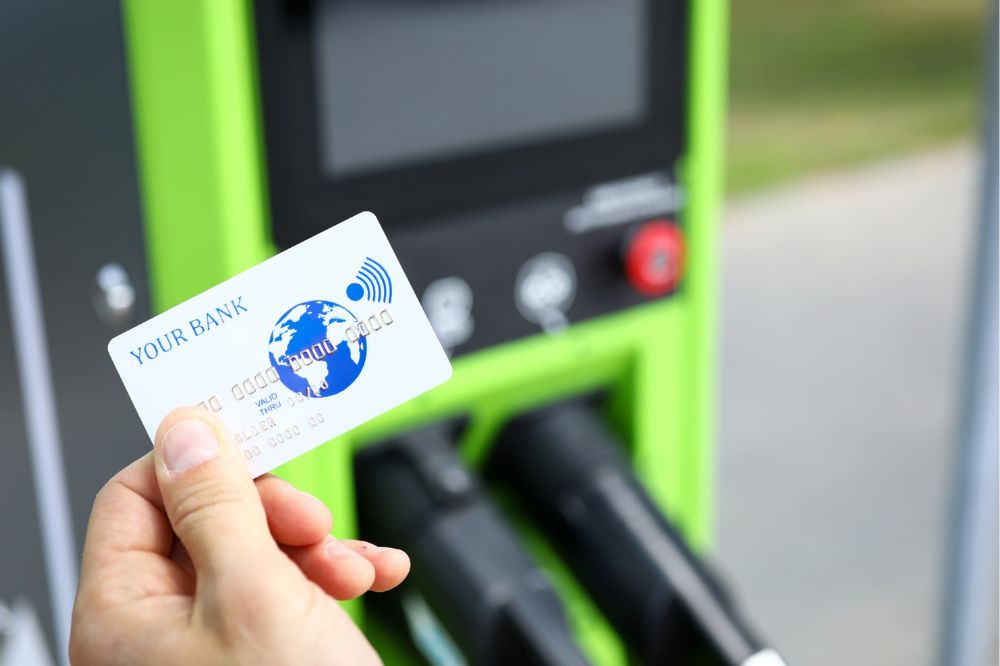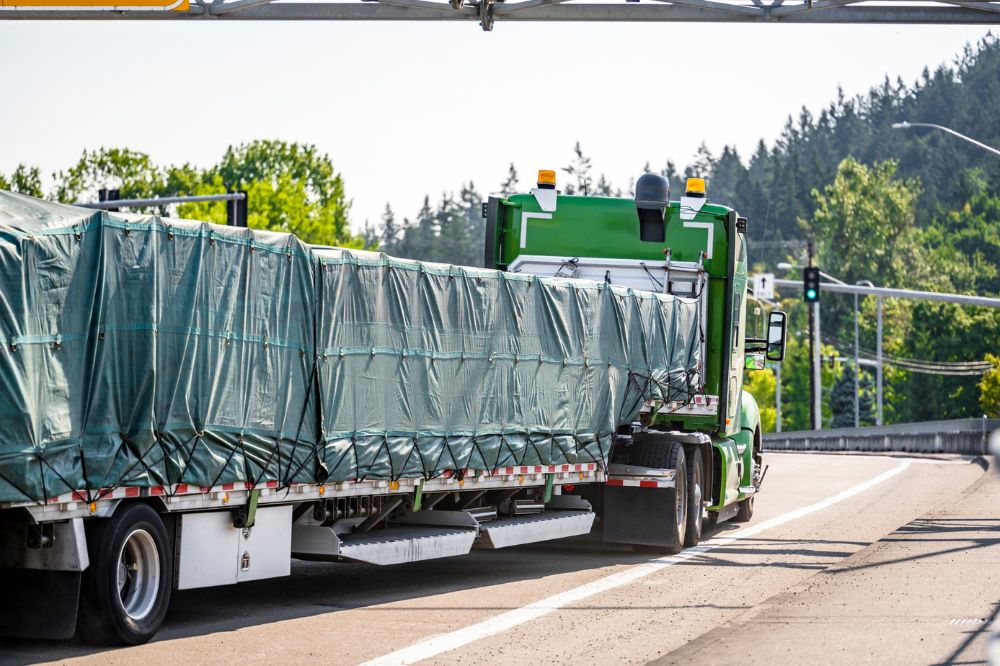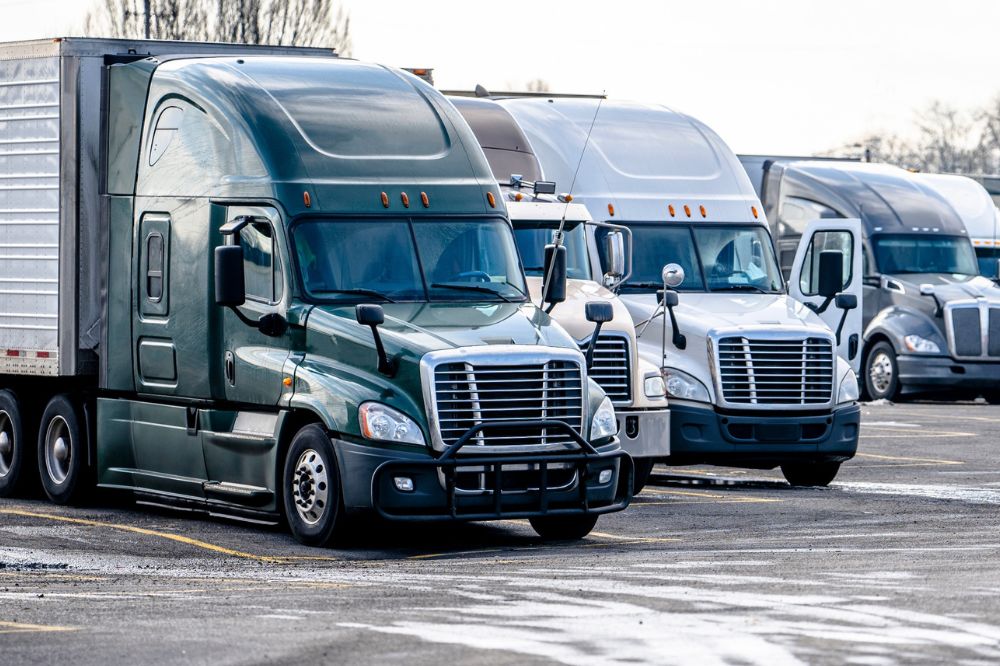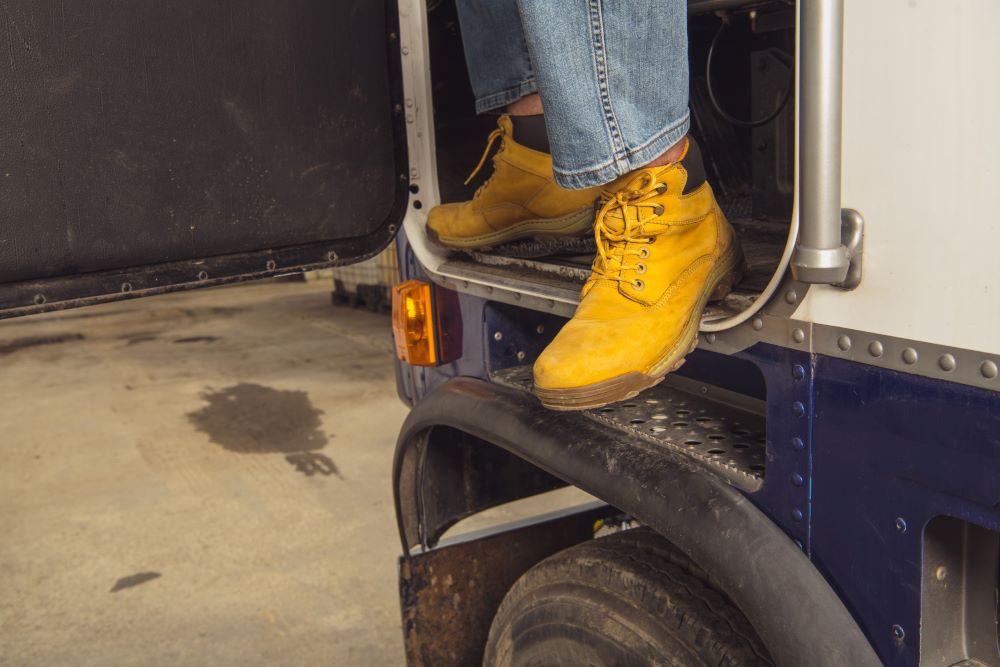
Ways to find truck loads for owner operators can be one of the toughest challenges, especially compared to being a company driver.
Truck drivers often overlook just how much can be involved in finding loads. It’s a process that can take up a lot of time, and it needs to be carefully managed to ensure your schedule and business plan stay on track.
Luckily, there are plenty of solutions out there to help you find loads and keep you busy on the road.
Here’s how to find truck loads for owner-operators.
7 Ways to Get Loads as an Owner-Operator
The more loads you can find, the more your business will grow. To help you achieve this, here are some of the best ways to get loads for your trucking business.
Use a Freight Broker
Freight brokers act as middlemen between owner-operators and shippers. They help truckers find loads to haul with no need to hunt for them themselves.
Freight brokers have access to vast networks of shippers, making it easier to find work that fits your schedule and preferred routes. A good freight broker will handle most of the negotiations for you. They will set rates and clearly outline all the details, such as delivery times and destinations.
Working with a freight broker can be an excellent option if you want to avoid the hassle of tracking down your own clients. However, keep in mind that brokers charge for their services, typically taking a percentage of the profit from each load.

Browse Online Load Boards
Load boards are online platforms where shippers post available freight, and carriers can find loads that suit their needs.
These platforms are great for owner-operators because they provide a wide variety of loads to choose from. You can also often filter by destination, load type, or rate to help you find loads that best match your trucking business.
Some of the best load board options include DAT, Truckstop, and 123Loadboard, all of which can give you access to thousands of potential loads daily.
Using load boards is a convenient way to find your own loads, especially if you’re just starting out or don’t have established connections in the industry.
While some load boards are free, others may charge a subscription fee, but the access they provide to a vast array of jobs often makes the investment worthwhile.
Download Load Board Mobile Apps
Many load boards also offer mobile apps for truck drivers, which allow you to search for and accept loads directly from your phone. These apps make it easier to find jobs even while you’re on the road.
You can browse available loads posted, get updates in real time, and even post your truck’s availability so shippers can come to you.
The convenience of using mobile apps is hard to beat. These apps make it possible to fill in gaps in your schedule or find last-minute loads with no need to sit at a computer, saving you both time and hassle.

Pay a Dispatching Service
Dispatch services can be a valuable resource for owner-operators who prefer to focus solely on driving while leaving the paperwork and freight booking to someone else.
A dispatch service acts as your personal manager, finding loads, handling negotiations, and often taking care of administrative tasks like invoicing and trip planning. Some dispatchers may even help with compliance tasks like tracking mileage and filing paperwork.
By hiring a dispatcher, you can save yourself the time and effort it takes to deal with the business side of trucking. Dispatchers typically charge a percentage of each load’s earnings, but the tradeoff is that you can spend more time on the road and less time on the phone or in front of a computer.
Register as a Government Contractor
Another potential source of steady work for owner-operators is becoming a registered government contractor. Both federal and local governments often need freight hauled, and by registering through the US General Services Administration (GSA) or other government procurement sites, you can bid on these contracts.
Once you’re registered, you’ll be able to access postings for various types of loads that government agencies need to move.
Government contracts can be lucrative and provide stable work. However, being a government contractor requires a competitive registration and bidding process, and it may take time before you win your first contract.
Do Business with a Company
Many trucking companies offer partnerships with owner-operators, allowing you to haul freight under their authority.
When you partner with a more established trucking company, you often gain access to several load boards that they manage, which can be an excellent source of consistent work. Partnering with a company can also provide benefits like fuel discounts, maintenance support, and a more predictable workflow.
The company handles the legal requirements, such as maintaining motor carrier authority, and you get to choose from their available loads.

Networking
Networking is one of the most effective yet often overlooked ways to find a truck load as an owner-operator.
Building relationships with shippers, brokers, and other drivers can lead to opportunities that may not be available through load boards or brokers. Networking can take many forms, from joining industry associations like the Owner-Operator Independent Drivers Association (OOIDA) to attending trade shows and industry events.
The key to successful networking is consistency. By continually reaching out, making connections, and building a reputation for reliability, you can secure work through word-of-mouth and personal referrals.
Considerations When Finding Loads to Haul
As an owner-operator, you can’t just haul anything and everything. When you find loads, here are some important considerations to keep in mind.
Type of Cargo
When finding loads to haul, consider the type of cargo you’ll be transporting.
Some freight may require special equipment, like refrigerated (reefer) trucks or flatbeds. Make sure the cargo matches your truck’s capabilities. Hauling specialized freight, such as hazardous materials, may require additional certifications but can also bring higher pay.
Always know what you’re hauling, as different cargo can affect your profit margins, insurance, and driving experience.
Transportation Distance
The distance you’ll need to travel is another key factor. Long hauls might pay more, but they also mean more time away from home and higher fuel and maintenance costs.
Shorter trips may not be as profitable per load, but they can allow you to take on more jobs in a week.
You should also consider whether you’ll have to deadhead (drive without cargo) after delivering a load, as this affects your overall earnings.
Payment Terms
Always check the payment terms before accepting a load. Some brokers and shippers pay quickly, while others might take weeks or even months to pay.
It’s important to understand the payment schedule and know whether you’ll need to wait for your money.
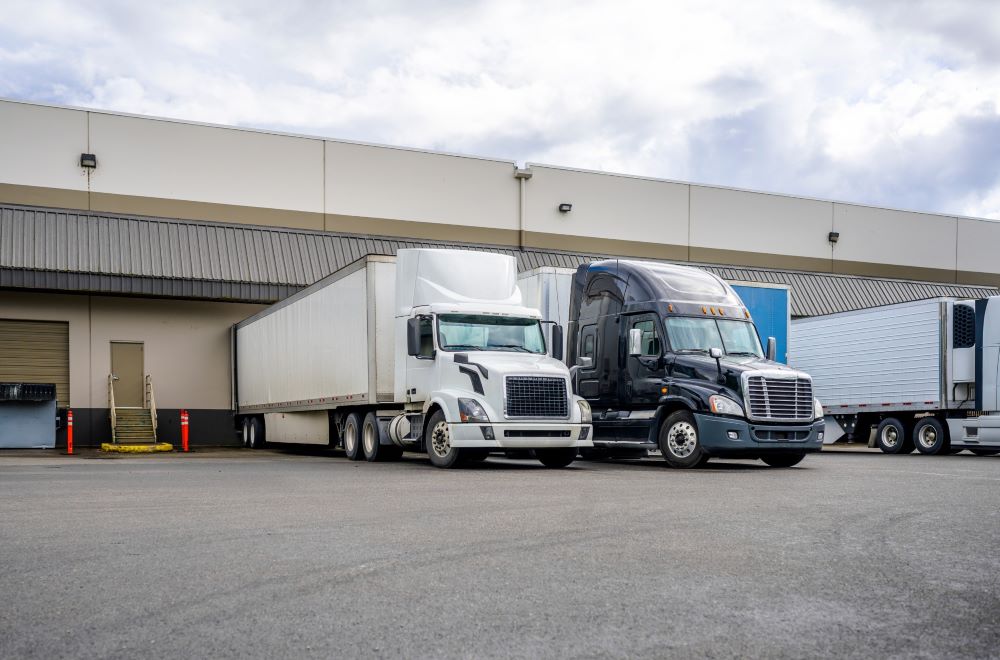
Brokers or Shipper Reputation
Not all freight brokers and shippers are the same, so it’s important to work with reliable ones.
Research brokers or shippers before accepting a load to ensure they have an excellent reputation for fair rates and timely payments. Establishing relationships with trustworthy brokers can lead to more consistent and higher-paying work in the long run.
Do Proper Research
Do your homework before agreeing to haul a load.
Make sure you know the route, delivery deadlines, and any special requirements for the cargo. Check if the load is worth the time and resources it will take to complete.
Research helps you avoid surprises, such as low-paying loads or unexpected road conditions, and ensures you’re maximizing your time and earnings.
Be Flexible
Flexibility is key in the trucking industry. You might not always get the ideal load at the perfect time, so being open to different cargo or routes can help keep your truck moving.
Sometimes taking a less-than-ideal load can lead to a better opportunity later. Flexibility also helps you build strong relationships with brokers and shippers, which can lead to more opportunities down the road.
Stay Motivated
Staying motivated is essential, especially during slow periods. Finding the right loads can take time and persistence, but the effort is worth it.
Keep pushing, even when the market is tough or you’re facing a lot of competition. Set small goals and focus on long-term success.
Keeping a positive mindset and staying motivated will help you continue finding loads and growing your business.
Final Thoughts
Owner-operators should explore the full range of solutions available to help them find truck loads. Whether it’s using a load board, working with freight brokers, or other tactics, finding the right approach is essential to building a steady trucking business.
The more loads you’re able to get consistently, the more your business will grow. And, once you find a system that works for you, you’ll realize that there are plenty of loads out there just waiting for you.
If you’re considering becoming an owner-operator, then the first step is to invest in the right semi-truck. Get in touch with us at Mission Financial, where we make it easy to access truck financing that helps your business move forward.

